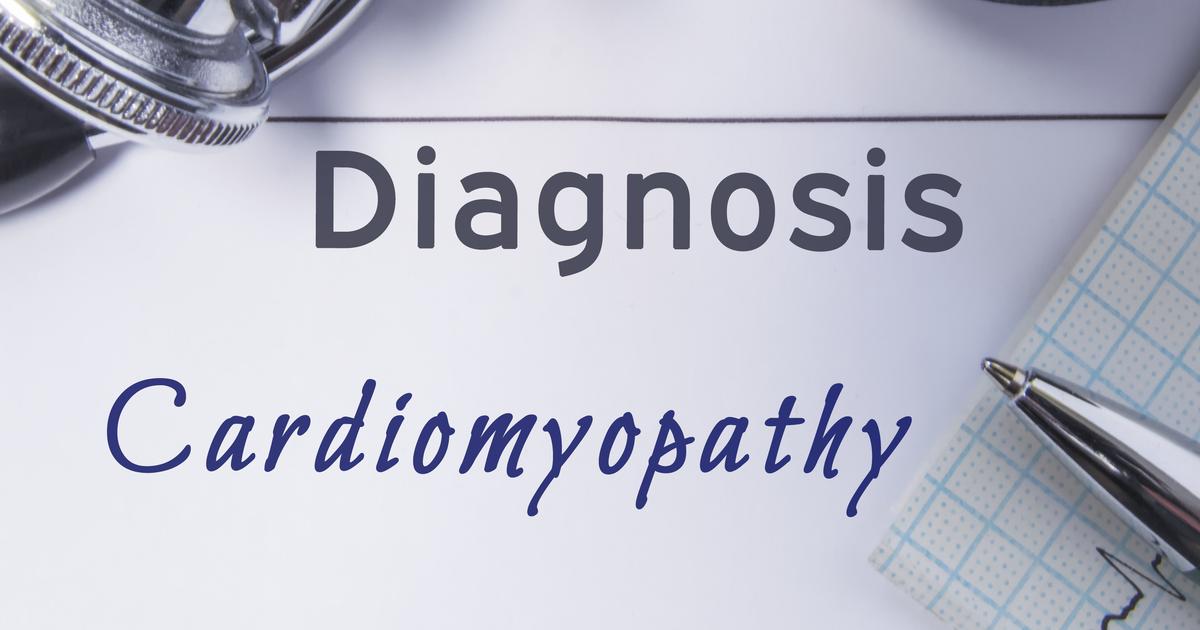Symptoms And Treatments For Heart Conditions You Didn't Know Existed
Cardiomyopathy

There are a few overarching types of cardiomyopathy, including hypertrophic, dilated, restrictive, and arrhythmogenic. Hypertrophic is when the heart muscle thickens without a discernible cause, dilated is when the enlarged heart ventricles weaken, and restrictive is when the ventricles become rigid and weaken, but do not thicken. Arrhythmogenic right ventricular dysplasia is a rare form in which fatty or fibrous tissue replaces the muscle in the right ventricle. All types of cardiomyopathy, save for restrictive, can be inherited through gene mutations or other gene indicators. Other causes of dilated cardiomyopathy include alcohol, late-stage pregnancy complications, viral infections, heart attack, illegal drugs, diabetes, and HIV. Causes of restrictive cardiomyopathy include hemochromatosis, amyloidosis, sarcoidosis, connective tissue disorders, and specific cancer treatments, such as chemotherapy.
Symptoms vary based on the specific type of cardiomyopathy, and some individuals may never experience symptoms. However, symptoms when the condition worsens often mimic heart failure and include fatigue, shortness of breath, and swelling in various parts of the body, such as the ankles and feet, legs, abdomen, and neck veins. Other signs include dizziness, irregular heartbeats, heart murmurs, chest pain, and fainting during or after physical exertion. Chest pain in this condition typically occurs after eating a heavy meal or physical activity.
Treatment For Cardiomyopathy

Patients who do not experience symptoms do not require treatment. When treatment is needed, however, it varies based on type, severity, as well as the patient's age and overall health. Standard treatments include making lifestyle changes for heart health, medication, and surgery. Examples of heart-healthy lifestyle changes are managing stress, eating a balanced and healthy diet, maintaining a healthy weight, and quitting smoking. Medications doctors prescribe include those to prevent blood clots, balance electrolytes, lower blood pressure, maintain a normal heartbeat, remove excess sodium, reduce inflammation, and slow heart rate.
Surgical options include surgically implanted devices, a heart transplant, and septal myectomy. The devices are all intended to assist the heart in pumping the blood sufficiently and evenly throughout the body, and include a pacemaker, left ventricular assist device, cardiac resynchronization therapy device, and an implantable cardioverter-defibrillator. Septal myectomy is open-heart surgery, recommended for severe hypertrophic cardiomyopathy, in which the surgeon removes the piece of the thickened septum interfering with the left ventricle. A heart transplant is typically the last resort and, as the name suggests, involves replacing the diseased heart with a new, donor heart.
